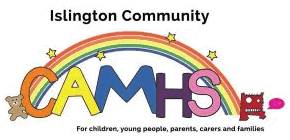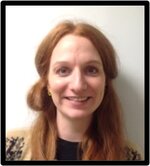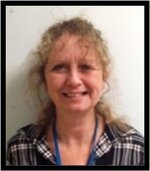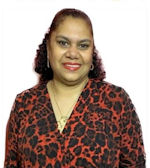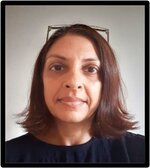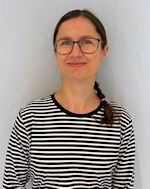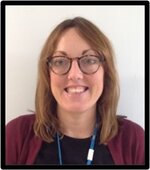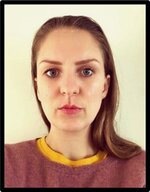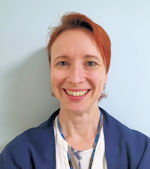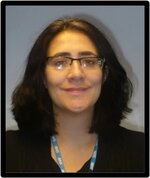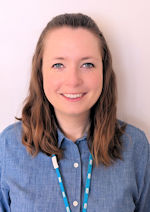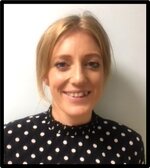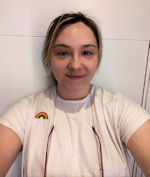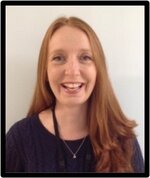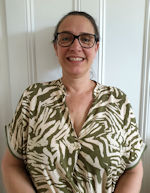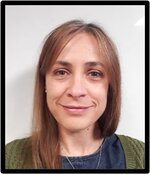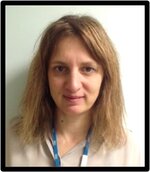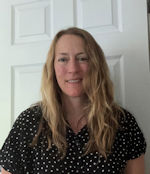Please note, many of our meetings are carried out via video call (Microsoft TEAMS) or telephone. Please let us know if you prefer to meet in person.
Our assessment includes:
1. First meeting
The first meeting will be held with your child and family to gather information about your child’s strengths and areas of difficulty. We will talk about what you would like to achieve from this assessment.
2. Meeting with parents and caregivers
During this meeting we will ask about your child’s education and medical history, your family background and complete a detailed history of your child’s early development, toddlerhood and primary age. We will also ask about their current strengths and difficulties.
3. Schools and Professionals
We will liaise with your child’s school and other professionals involved in their care to collect information about your child’s behaviour and learning. This will be done with the permission of your family.
4. Assessments and Questionnaires
- We will complete talking and observational assessments with your child.
- If your child has been referred for an autism assessment, we will complete the ADOS a play-based observation assessment with the child (Autism Diagnostic Observation Schedule).
- We may observe your child in their education setting (please be aware this does not occur with every child).
- During the assessment some questionnaires may be used to understand more about your child. Some questionnaires are for parents, others for education staff and there may be questionnaires for the young person to complete.
- Finally, we may complete additional assessments with your child if needed. Such as an assessment of cognitive functioning (learning levels), independence skills, motor and co-ordination skills, sensory difficulties, communication and language skills.
Because there are several different appointments and lots of information to look at, the assessment process will usually take from 3-6 months until the final report is written.
5. Multi-disciplinary Team Discussion
Once the assessment process is complete, all the information is carefully considered by the multi-disciplinary team. The team will develop an understanding of your child’s strengths and difficulties, which may or may not include a diagnosis.
6. How we feedback
You (and your child if they are old enough) will be invited to a feedback meeting with your case coordinator to discuss the outcome of your child’s assessment and the next steps. They will recommend appropriate services and resources according to your child’s needs.
We can meet with your child to talk about the assessment outcomes and sometimes it may be helpful to meet with their school team to discuss how your child’s strengths and difficulties impact on them at school, and how to best support their needs in the education environment.
A report of the full assessment will be provided so that families and professionals have a copy of the information on which decisions have been based. We can also provide a child-friendly report to support your child with understanding their diagnosis, strengths and needs.
